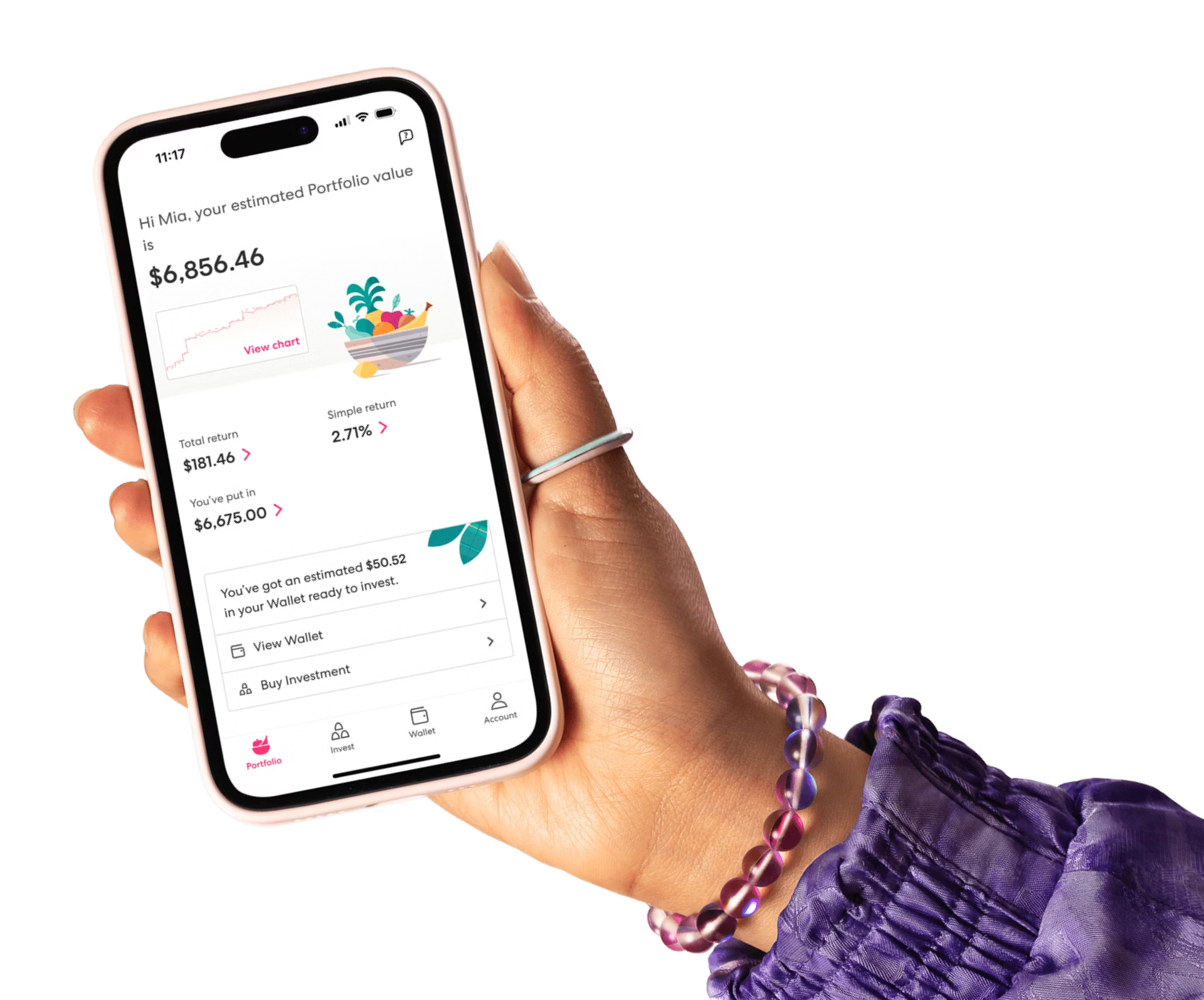Choosing car insurance that's right for you
More than 90% of vehicle owners in New Zealand have car insurance. And it’s easy to see why: it can be flexible and affordable, and your car might be one of the most expensive items you’ve got.
With so many car insurance options on the market, though, actually choosing one can be a bit exhausting. Let’s explore how to decide which is the best car insurance for you.

Still sussing out what this whole insurance thing is about? Start by working out whether you really need insurance and get familiar with a few key terms.
Know your coverage options
Virtually all car insurance in New Zealand will fall into one of the following categories:
Third party insurance: Funny enough, entry-level car insurance actually doesn’t cover your car. Third party covers someone else’s car if you have an accident that causes damage to their vehicle. This can be a popular option for those of us who have a cheaper car and don’t want to end up on the hook for a stranger’s Mercedes.
Third party, fire, and theft insurance: Fairly self-explanatory! The protection of third party, plus you’re covered if your car is stolen or damaged in a fire.
Comprehensive insurance: All the above, plus cover for your own vehicle in the event of an accident.
Most insurers will offer a version of these three categories, but there are small differences between providers. Some policies offer extras like covering the costs of a rental car while yours is under repair, so check the details. A policy that looks cheaper at a glance might offer more limited coverage.
Understand what affects your premium
Your car insurance premiums are influenced by a few factors, including:
Your driving record: If you have a colourful driving history, you may have higher premiums. Accidents, traffic violations, and past insurance claims can all push that number up.
Vehicle type: Your insurer will use the make, model, and age of your car to help price your premiums, and this could increase or reduce the cost.
Location: Where you live and where you park your car overnight can affect your premiums. If you’re in an area where levels of theft are relatively high or the roads have higher incidences of crashes, that could add to your premiums.
Policy options: Choosing a higher excess or adding extra coverage options can impact your premiums.
Claim history: Depending on your provider, you might also get something called a no-claims bonus at the end of your insurance period. This gets higher for each annual period that you go without a claim, so can end up saving you a bit of money.
Shop around for a provider and policy
Some things to think about:
Convenience: Do you already use this provider for something else? Could you get a better rate by bundling a few services together?
Usability: Will your policy always be easily accessible? Will it be easy to refer back to your cover, or to make a claim?
Customer service: What kind of support does the insurance provider offer? How quickly can they resolve an issue?
Brand values: Do you feel good about the provider? Do their values match your own?
Compare quotes
Almost every provider will give you access to an online calculator or quote generator, so it’s fairly easy to run some numbers. There are also third party tools that will help you compare car insurance quotes online, like Compare. Just remember to read carefully as terms like “comprehensive” could mean slightly different things to different providers.
Ask questions
If you’ve read through an insurer’s documents and a proposed policy, but you’re still unclear, ask questions! The Fair Insurance Code sets out the obligations of your insurer to answer your questions. If you’ve got some complicated requirements or you’re buying a whole array of different insurance types, you can consider talking to a trusted insurance broker
Read everything
Insurance can be a lifesaver in a tight spot, but you need to understand your responsibilities and the limits of your policy to make sure that you stay covered. You don’t want to end up taking an unnecessary risk, like driving on the beach, and not realising that it invalidates your insurance coverage.
Consider add-ons
Insurers will usually offer some optional add-ons like excess free glass cover, cover for a rental car while yours is being fixed or roadside assistance. It’s up to you whether you want to consider these and feel the extra premium is worth the benefits for you.
Review regularly
Set yourself reminders to review and compare regularly. This doesn’t have to be every single year, but an annual renewal is a good reminder to take a look around at competitors and make sure your policy still actually suits your needs.
Ok, now for the legal bit
We don’t provide personalised advice or recommendations. Any information we provide is general only and current at the time written. You should consider seeking independent legal, financial, taxation or other advice when considering whether obtaining insurance is appropriate for your objectives, financial situation or needs.
Join over 800,000 investors



